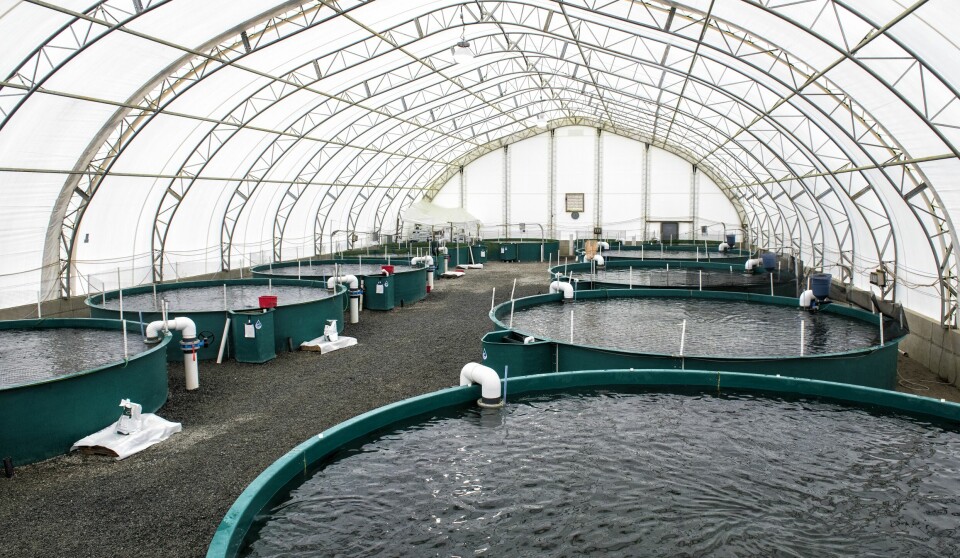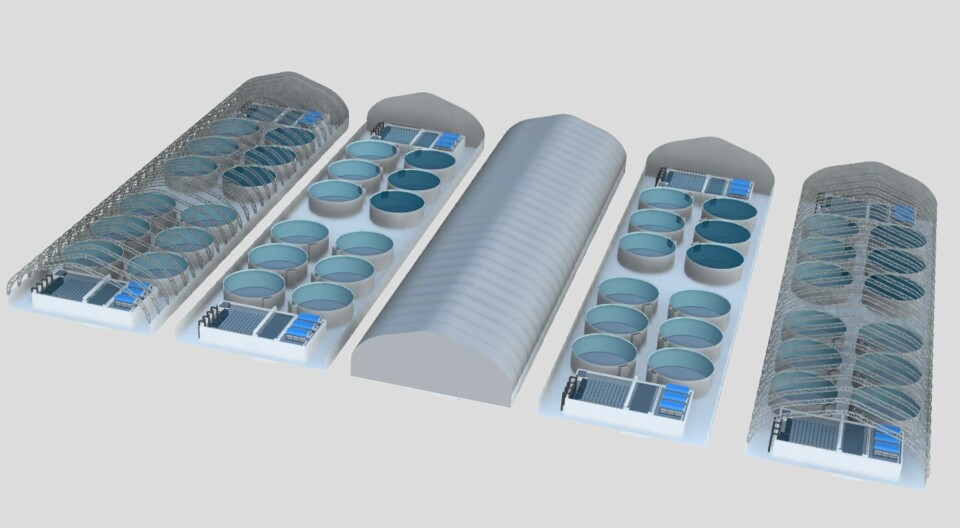
Land-based steelhead farmer feels the heat in western Canada
‘Unprecedented’ temperatures blamed for poorer growth and higher mortality last year
A land-based fish farmer in British Columbia has blamed hot weather for a below-target harvest of steelhead salmon (rainbow trout) last summer.
Ben Atkinson, president of Taste of BC Aquafarms, said: “Over the second half of 2022 we were able to increase biomass within our pilot facility an additional 10 tonnes to 50 tonnes.
“Unprecedented high temperatures stressed the capabilities of the chilling system within our pilot facility which led to poorer growth performance and elevated mortality during the summer months. As a result, total harvest volume was below target for the remainder of the year with the expectation that volumes will increase substantially in the first quarter 2023.
“A higher downgrade percentage is the result of our decision to prioritise culture space for our best performing cohorts by harvesting some slower growing fish. Overall, our fish are growing to expectations and continue to validate the model used to design our upcoming expansion facility.”
Weight below target
Taste of BC Aquafarms is owned by Florida-based Blue Star Foods Corporation and runs a small recirculating aquaculture facility (RAS) in Nanaimo on Vancouver Island.
Reporting operating metrics for the second half of 2022, the company said that average fish harvest weight has been 1,898g, which is 5% below the minimum of weight of 2kg that Taste of BC targets for its steelhead.
The total harvest downgrade percentage - the number of fish at harvest that Taste of BC did not bring to market at full price in the last stage of the lifecycle - was 5.04%.
Average feed conversion ratio (FCR) for H2 2022 was 1.19 kg of feed per kg of fish produced.
Taste of BC Aquafarms plans a large-scale expansion from a farm producing 100 tonnes of steelhead per year to one with a capacity for 1,500 tonnes if biomass, potentially supporting 4,500 tonnes of production annually.
Blue Star Foods hopes to produce 21,000 tonnes of fish annually by 2028 at a number of 1,500-tonne on-land farms throughout BC.
























































